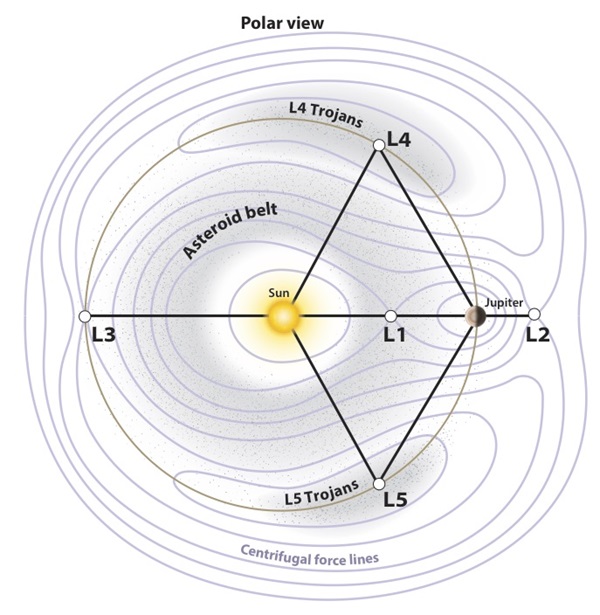
We had to start somewhere: The first-known human record of an eclipse dates to Oct. 22, 2137 B.C.E., in China. Credit: NASA/Gopalswamy
An ancient solar eclipse changed the course of a military conflict when it cast a shadow on a battle over Corinth between the Spartans, commanded by Cleombrotus, and the invading Persians, led by Xerxes I. Herodotus wrote that, “while [Cleombrotus] was offering sacrifice to know if he should march out against the Persians, the Sun was suddenly darkened in mid-sky.” As you might imagine, some 2,500 years ago, eclipses were not seen as good omens. This one, which astronomers now think occurred Oct. 2, 480 B.C.E., rattled Cleombrotus and caused a full retreat of the Spartan forces.









